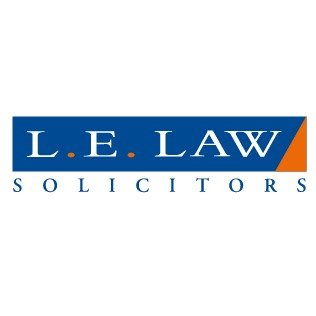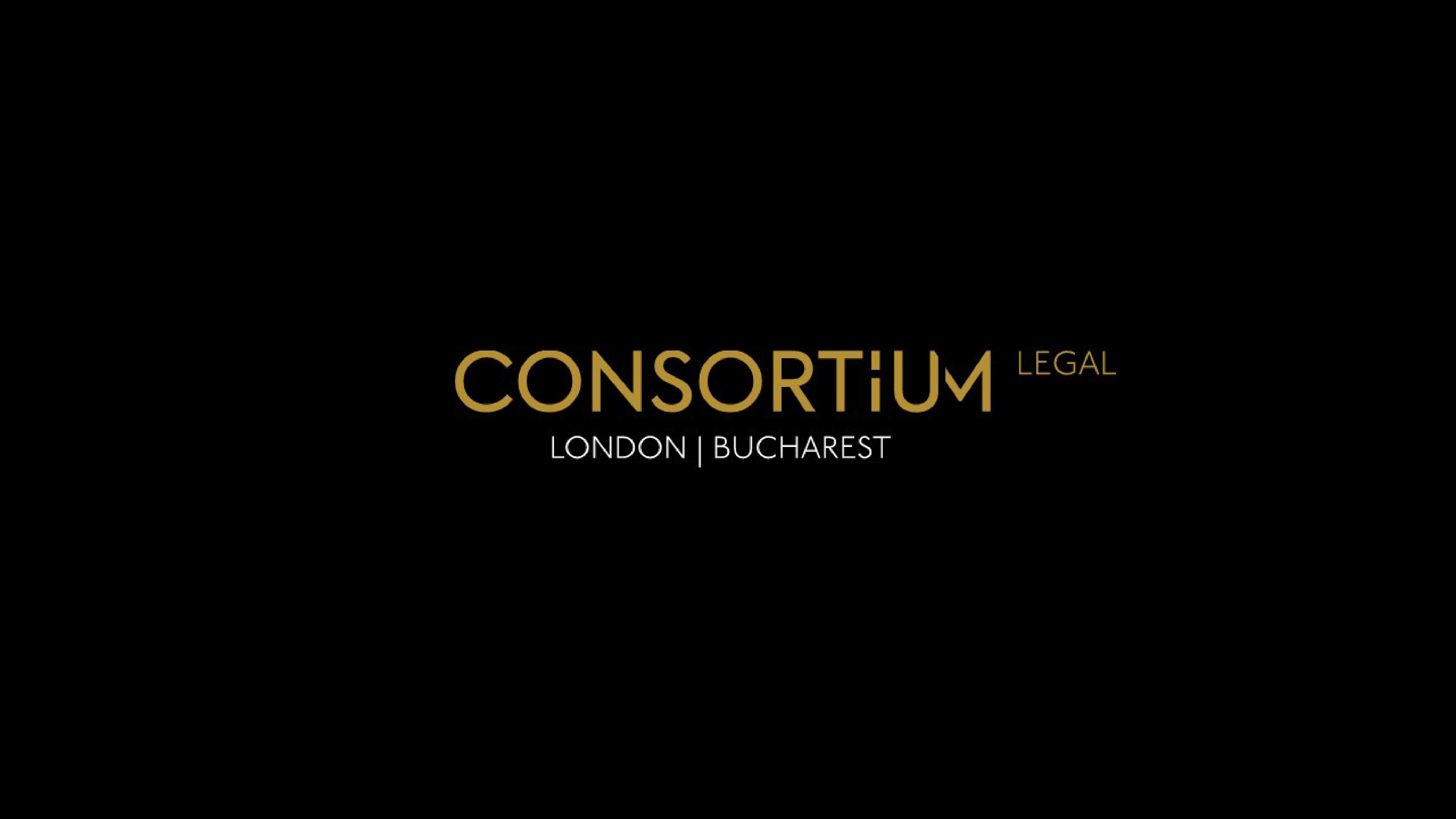Best Landlord & Tenant Lawyers in London
Share your needs with us, get contacted by law firms.
Free. Takes 2 min.
Free Guide to Hiring a Real Estate Lawyer
List of the best lawyers in London, United Kingdom
About Landlord & Tenant Law in London, United Kingdom
Landlord and Tenant laws in London, UK, govern the contractual relationship between those renting property (tenants) and their landlords. This includes rules on deposits, rent control, safety protocols, property maintenance, eviction procedures, and tenant rights among many other aspects. The principal legislation is the Landlord and Tenant Act 1985, supplemented by several other ancillary acts and regulations.
Why You May Need a Lawyer
People often require legal help in Landlord & Tenant disputes when confronting wrongful evictions, disputes over security deposits, uninhabitable living conditions, or violation of privacy rights. A lawyer may also be necessary if rent control disputes arise or when dealing with complex property laws, such as planning permissions or leasely title disputes.
Local Laws Overview
London upholds national landlord and tenant laws with few local laws specific to the city. Significant laws include the "Fitness for Human Habitation Act", which demands minimum housing standards; the "Housing and Planning Act", which dictates eviction procedures; and the "Deregulation Act" that sets new rules on retaliatory eviction, and additional obligations for landlords such as deposit protection. Landlords must also adhere to safety regulations, like annual gas safety checks, electrical safety checks, and ensuring fire safety regulations are met.
Frequently Asked Questions
Question 1: What are my rights as a tenant in London?
As a tenant, you have the right to live in a property that’s safe and in good repair, be protected from unfair rent and unfair eviction, have a written agreement if you have a fixed-term tenancy of 3 years or more and get information about your tenancy deposit protection.
Question 2: What are my responsibilities as a landlord in London?
As a landlord, you have the obligation to keep the property safe and free from health hazards, make necessary repairs to the property structure, fix issues related to sanitation - including basins, sinks, baths, and toilets, ensure gas equipment is safely installed and maintained, and provide an Energy Performance Certificate for the property.
Question 3: Can a landlord evict me without a reason?
In general, a landlord cannot evict you without a valid reason and must provide you with a formal notice of eviction.
Question 4: How much notice should a landlord give before visiting the property?
A landlord should give 24 hours' notice if they wish to visit the property and it should be at an agreed time.
Question 5: Who holds the deposit and can it be withheld?
The deposit is usually held in a government-approved tenancy deposit scheme (TDP) and can only be withheld if there is unpaid rent or damage to the property.
Additional Resources
Besides hiring a lawyer, you may also wish to seek assistance or further information from The Property Ombudsman (TPO), The Housing Ombudsman Service, local Citizens Advice Bureau and the Shelter charity. These resources can provide further advice and guidance on Landlord and Tenant matters.
Next Steps
If you need legal assistance, your next step should be to find a solicitor who specializes in landlord and tenant law. Try reaching out to your local Citizens Advice for free advice and potential referrals. In case your financial situation doesn't permit this, look into legal aid options or the possibility of free consultation services offered by local law clinics.
Lawzana helps you find the best lawyers and law firms in London through a curated and pre-screened list of qualified legal professionals. Our platform offers rankings and detailed profiles of attorneys and law firms, allowing you to compare based on practice areas, including Landlord & Tenant, experience, and client feedback.
Each profile includes a description of the firm's areas of practice, client reviews, team members and partners, year of establishment, spoken languages, office locations, contact information, social media presence, and any published articles or resources. Most firms on our platform speak English and are experienced in both local and international legal matters.
Get a quote from top-rated law firms in London, United Kingdom — quickly, securely, and without unnecessary hassle.
Disclaimer:
The information provided on this page is for general informational purposes only and does not constitute legal advice. While we strive to ensure the accuracy and relevance of the content, legal information may change over time, and interpretations of the law can vary. You should always consult with a qualified legal professional for advice specific to your situation.
We disclaim all liability for actions taken or not taken based on the content of this page. If you believe any information is incorrect or outdated, please contact us, and we will review and update it where appropriate.

















